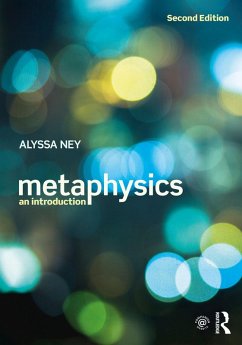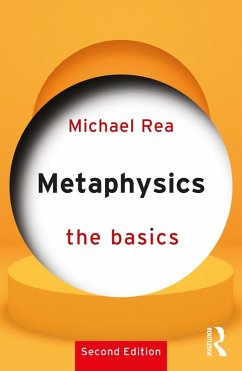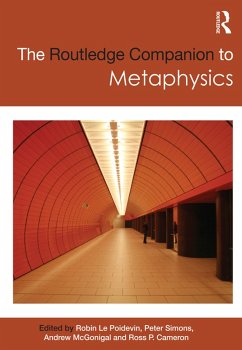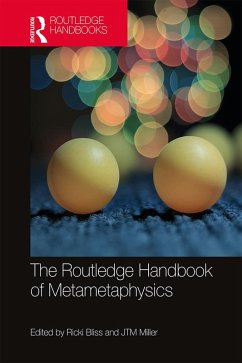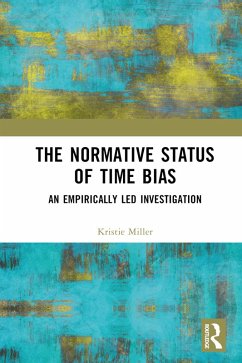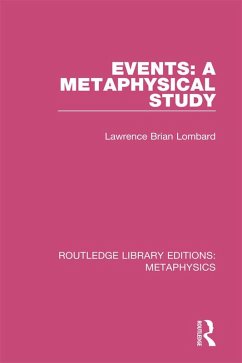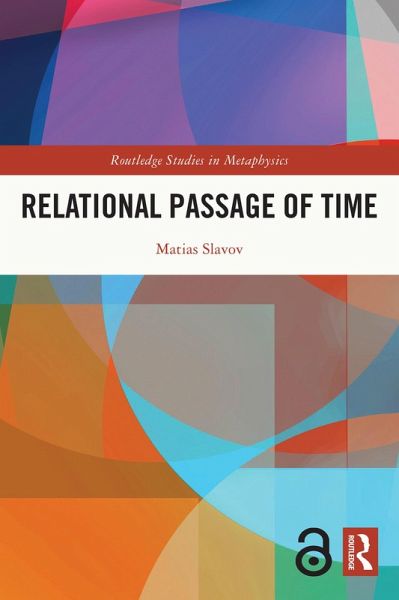
Relational Passage of Time (eBook, PDF)
Versandkostenfrei!
Sofort per Download lieferbar
0,00 €
inkl. MwSt.
Weitere Ausgaben:

PAYBACK Punkte
0 °P sammeln!
This book defends a relational theory of the passage of time. The realist view of passage developed in this book differs from the robust, substantivalist position. According to relationism, passage is nothing over and above the succession of events, one thing coming after another. Causally related events are temporally arranged as they happen one after another along observers' worldlines. There is no unique global passage but a multiplicity of local passages of time. After setting out this positive argument for relationism, the author deals with five common objections to it: (a) triviality of ...
This book defends a relational theory of the passage of time. The realist view of passage developed in this book differs from the robust, substantivalist position. According to relationism, passage is nothing over and above the succession of events, one thing coming after another. Causally related events are temporally arranged as they happen one after another along observers' worldlines. There is no unique global passage but a multiplicity of local passages of time. After setting out this positive argument for relationism, the author deals with five common objections to it: (a) triviality of deflationary passage, (b) a-directionality of passage, (c) the impossibility of experiencing passage, (d) fictionalism about passage, and (e) the incompatibility of passage with perduring objects.
Relational Passage of Time will appeal to scholars and advanced students working in philosophy of time, metaphysics, and philosophy of physics.
Relational Passage of Time will appeal to scholars and advanced students working in philosophy of time, metaphysics, and philosophy of physics.
Dieser Download kann aus rechtlichen Gründen nur mit Rechnungsadresse in A, B, BG, CY, CZ, D, DK, EW, E, FIN, F, GR, HR, H, IRL, I, LT, L, LR, M, NL, PL, P, R, S, SLO, SK ausgeliefert werden.





